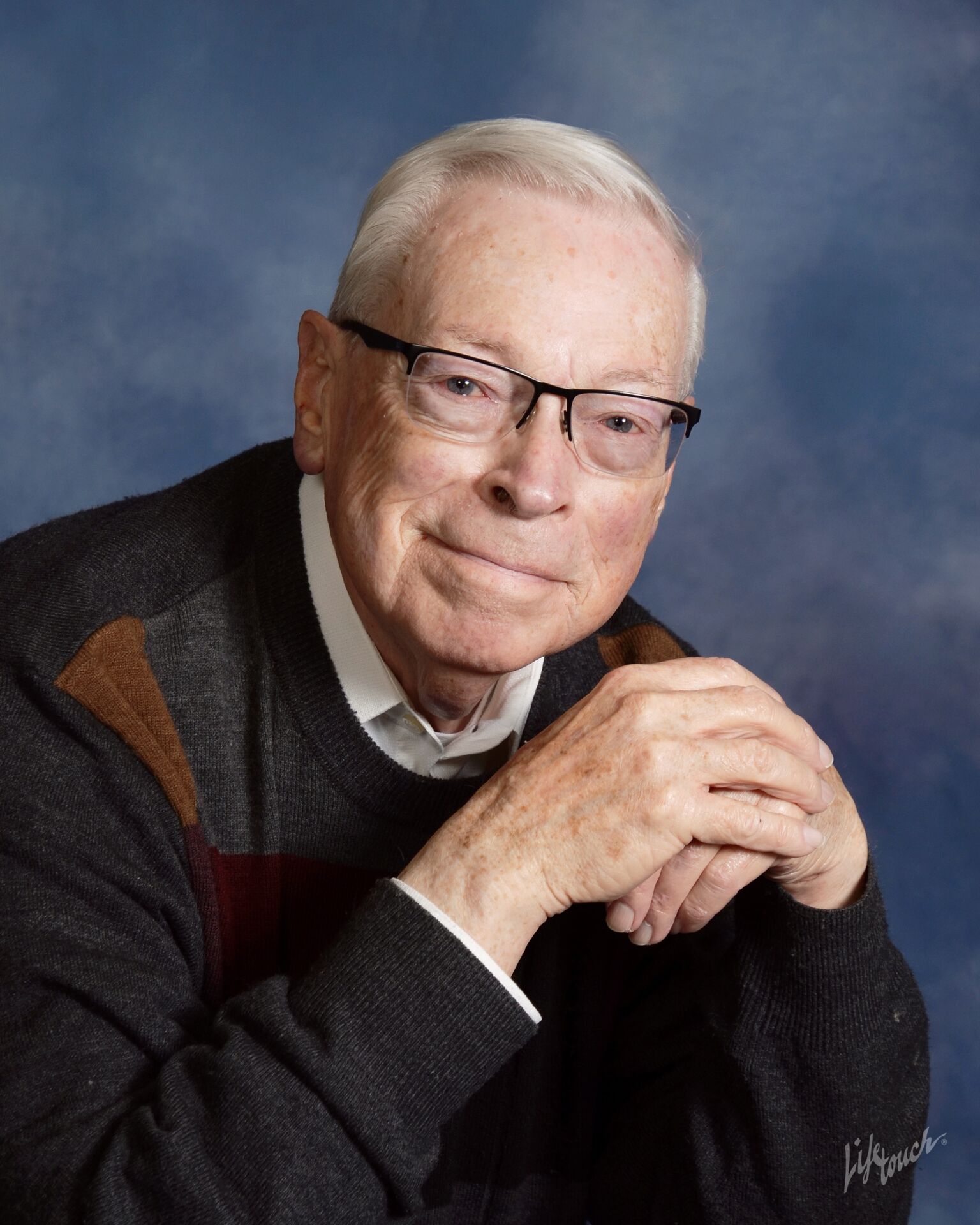Introduction
Mastering the Art of Forgiveness
When Our Anger Becomes A Burden

By Dr. Robert Leichtman
Forgiveness is a complex process. Except for minor annoyances that we can easily dismiss, forgiveness can be difficult for significant insults and other emotional injuries. It is even more difficult if we fail to understand that forgiveness that endures requires much time and many steps. We may be able to remove several layers of anger in a significant effort, but it is unlikely that we can remove all of it in one weekend or as a single action.
The movie and TV versions of forgiveness consisting of tearful confessions and bursts of affection are rare to nonexistent in real life. The dramatic and sudden religious conversions are only slightly less rare. The rest of us will need to plod away at the process of forgiveness that involves a gradual awakening of our mature goodwill and understanding. Included in this activity is the shedding of much questionable logic that we have used to justify our grievances.
A large part of the process of forgiveness involves painful self-examination that unveils how misguided and self-serving we were in many of our old interpretations and judgments. This effort includes examining how we may have carefully ignored our role in contributing to our suffering. These insights can lead to a gradual shifting of our views of what happened and its consequences. As we discover a larger context and the lessons hidden in these traumas, genuine healing change becomes possible.
Because our ego will tend to see only our suffering at the hands of others, it will not welcome these adjustments. It will resist and even halt the process of forgiveness because it will not want to look at how much we added to conflicts, either by our hostile retaliation or our near absence of defending ourselves. We cannot skip the difficult part of a thorough self-examination and challenge of our reasons for avoiding this effort to unveil the full story of what happened.
The development of our capacities for adequate tolerance and forgiveness can take years. The effort, though often painful, is made worthwhile by the gradual liberation of our ability to accept our place in life as worthy adults and competent members of society. The freedom from multiple grievances is priceless.
Forgiveness can be exceptionally complex and challenging when events are so painful that merely touching their memory will release echoes of disaster. Some issues are radioactive and need to be left alone at first. We can only work safely around the edges of them. These edges are the damage done to our sense of identity, outlook, confidence, and trust. Working on these secondary effects is often the easiest way to begin the more considerable effort to resolve significant grievances.
For example, we may have shifted our focus of attention to spend excessive time being suspicious about possible new threats to our wellbeing. Consequently, we may have a diminished capacity to trust, hope, and enjoy our life. We may have become more guarded in our general view of everything. Sometimes we need to work first on how our reactions to major traumas have warped our whole character. A virtual tidal shock wave may have swept through our entire personality, causing significant damage. When these injuries are severe, it may be best to draw a line to our past and begin again from where we are currently. Trying to fix the past before we can barely function is not the proper priority.

This idea will upset many traditional therapists and disgust many zealous social justice warriors, but it is an approach that works. Attacking the core damage to our wellbeing seems right, but only to those who view other people’s disasters as more theoretical than real problems. Those who have the actual experiences of deep despair and humiliation can easily get lost in endless recriminations, fears, and futile expectations for others to rescue them. These tendencies can distract us so that we neglect the present and its potential for success and fulfillment. We must use our present opportunities and strengths to restore ourselves to a semblance of health and confidence. Only then can we be effective in tackling our most devastating memories.
The severely traumatized and those who have been disturbed by a long series of minor disappointments share a common problem. In both, anger may have infiltrated every significant department of their character, causing a general deterioration in outlook, identity, and confidence. This transformation will be far more than a simple mood of discouragement. It is a development that can have a global and harmful impact on how we see our world as more austere and threatening and ourselves as weak and unworthy.
Before we can begin the real work of forgiving our enemies and healing the pain of our disastrous experiences, we need to restore our confidence, ability to think clearly, and capacity to trust our friends and opportunities. These repairs will help us realize that we no longer need to allow old traumas to define who we are and set the limits on our joy and success. These are essential steps in forgiveness for significant issues. This understanding will be impossible if we are still drenched in defeat, despair, and helplessness. We will need to restore our confident perspective before significant forgiveness can occur.
The following chapters describe in detail the damage anger can cause. Sometimes we need to give special attention to a few parts of our personality that have suffered significant wounds. These parts might be our capacity to trust, our sense of identity, or our ability to hope for a better future.
When one or more of these essential parts of ourselves are severely wounded, we may feel like we are driving a car that has lost a wheel. Even worse, we might have lost our capacity to be loved or feel confident and contented. These individuals must work on rebuilding their ability to experience life instead of focusing on their grievances.
Sometimes, mastering forgiveness must begin with forgiving ourselves for the mess we have made in managing our emotional injuries. The person we see in the mirror each morning might be the agent who caused the worst damage to our wellbeing.
Finally, we must remember that we are designed to grow continually in understanding and skills in living. All our pleasant and unpleasant experiences, past or present, can be instructive about what builds success and happiness or damages them. We can learn even more by observing the mistakes of others and their consequences. After all, we do not need to take all the lumps of life to know what not to do.
Learning is a process that should never cease. Only the death of our curiosity and love of life can stop us from adding to our storehouse of wisdom and contentment. Our life is meant to be a voyage into these types of wonders. Make it so!
Think on these things

Chapter 17: What To Do When Forgiveness Seems Too Difficult
Chapter Seventeen Mastering the Art of Forgiveness WHAT TO DO WHEN FORGIVENESS SEEMS TOO DIFFICULT By Dr. Robert Leichtman Listen to this course The work

Chapter 16: Self-Forgiveness & Self-Acceptance
Chapter Sixteen Mastering the Art of Forgiveness SELF-FORGIVENESS & SELF-ACCEPTANCE By Dr. Robert Leichtman Listen to this course Much of our informal learning derives from

Chapter 15: Working with the Higher Life
Chapter fifteen Mastering the Art of Forgiveness Working with the Higher Life By Dr. Robert Leichtman Listen to this course Sometimes we find ourselves in
